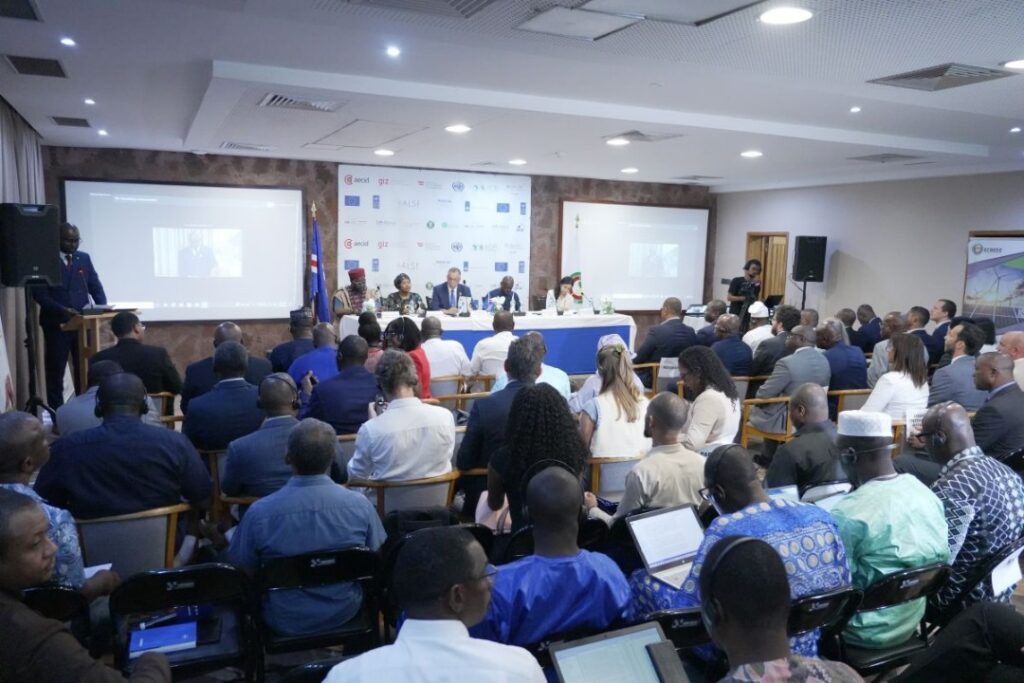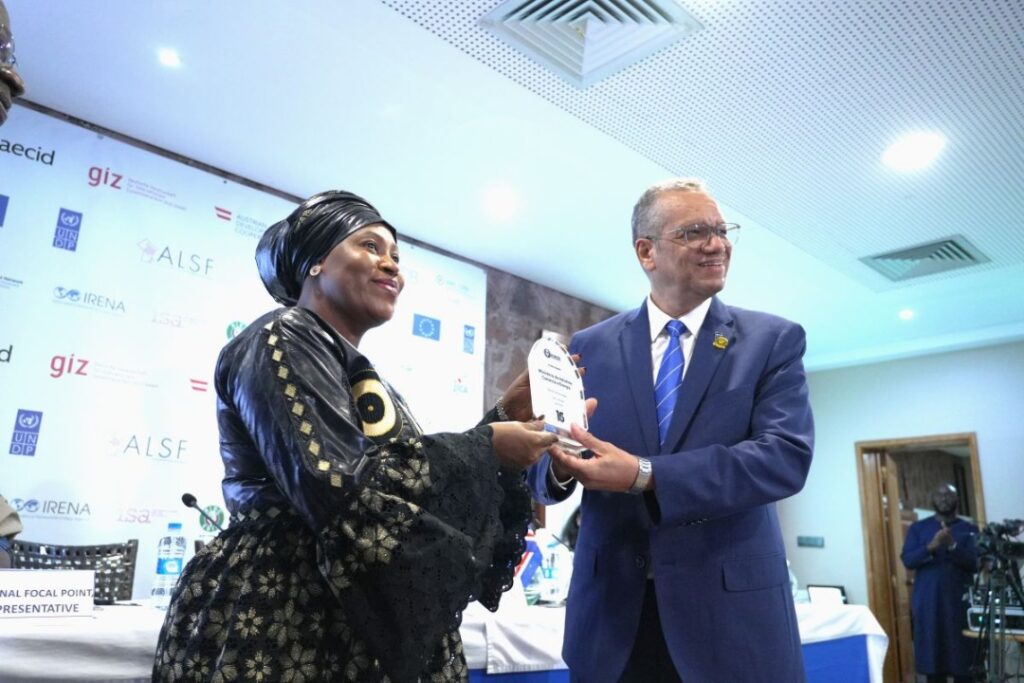CEREEC Marks 15 Years Powering West Africa’s Green FutureFrom 5 MW to 1 GW, Set 5GW Target by 2030.
By Raymond Enoch
The ECOWAS Center for Renewable Energy and Efficiency ( CEREEC) celebration of underscoring its pivotal role in reshaping the energy landscape of West Africa, have commemorated its 15th anniversary from July 28th to 31st, 2025, in Praia, Cabo Verde.

Hosted under the patronage of Cabo Verde’s Minister of Energy, the high-level event gathered ECOWAS delegates, regional policymakers, international experts, parliamentarians, and a host of technical and financial partners to reflect on CEREEC’s transformative journey since its establishment in 2010.
The celebration served as both a retrospective and a roadmap, spotlighting the Centre’s substantial contributions toward a just and sustainable energy transition in West Africa.
At its inception, West Africa’s renewable energy infrastructure was nascent — only 5 megawatts (MW) of grid-connected solar power existed across the region. Fast forward to 2025, and the region now boasts a remarkable installed capacity of 1 gigawatt (GW), a 200-fold increase. CEREEC aims to push this further, targeting 5 GW by 2030.

“This isn’t just about megawatts,” said one official during the ceremony. “It’s about lives lit up, communities empowered, and economies energized.”
CEREEC has spearheaded multiple initiatives across the clean energy spectrum. Its efforts in promoting clean cooking solutions have addressed health and environmental concerns linked to traditional biomass use. The Centre is also championing electric mobility, encouraging the deployment of electric vehicles and charging infrastructure in urban hubs.
Skills certification programs led by CEREEC have bolstered the region’s technical capacity, creating a pool of trained professionals equipped to support and sustain the green energy revolution. The development and integration of mini-grids have further extended energy access to remote and underserved communities.
CEREEC’s achievements are rooted in strong collaborations with development partners. The Centre has solidified strategic alliances with global institutions including the European Union, World Bank, United Nations Development Programme (UNDP), United Nations Industrial Development Organization (UNIDO), and Germany’s development agency GIZ.
“Energy transformation cannot happen in isolation,” remarked a UNDP representative. “CEREEC’s commitment to inclusive partnerships has created a scalable model for other regions.”
The anniversary event served not only as a celebration but also as a call to action. With the growing urgency of climate change, regional integration and coordinated policies are more critical than ever. CEREEC reaffirmed its commitment to being a catalyst for scalable, sustainable, and inclusive energy solutions across ECOWAS member states.
As West Africa strides toward 2030, CEREEC stands at the heart of that journey — not merely as an institution, but as a beacon lighting the way to a greener, fairer future.









